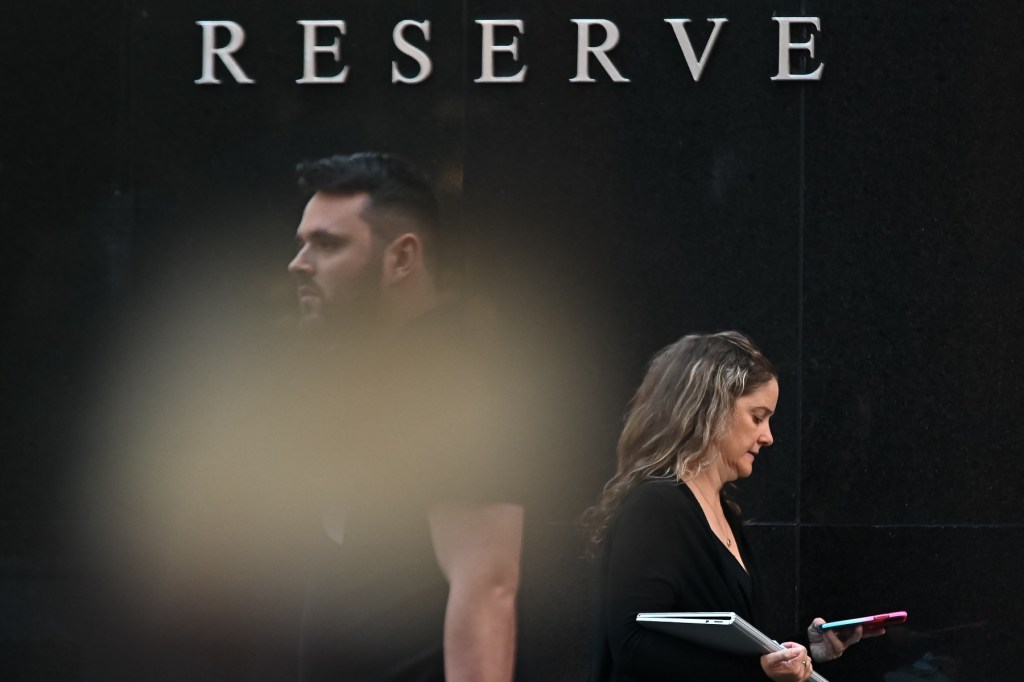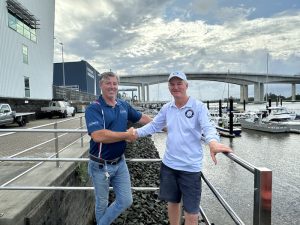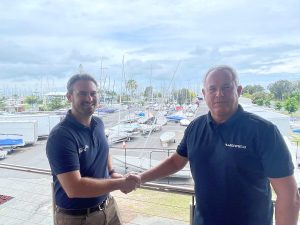Government expecting investment into critical minerals and clean energy after trade pact with UAE

- by Admin
- September 17, 2024
The federal government is predicting a flood of new investment into Australia’s critical mineral and clean energy sectors after sealing a free trade pact with the United Arab Emirates.
The Trade Minister Don Farrell announced this afternoon that Australia and the United Arab Emirates had reached agreement on the text of the agreement, just nine months after formally beginning negotiations.
The government says over 99 per cent of Australian goods will enter the Middle Eastern nation tariff-free under the deal, with estimated savings rising to around $160 million a year and exports jumping by almost $700 million annually.
“We know how important it is to have diversified trading partners. More trade with more trading partners means more jobs for Australians… and a lower cost of living ” Senator Farrell told journalists in Canberra.
“This is a very good deal for Australian farmers and producers.”
The government is also talking up the benefits for Australia’s transition to net zero.
The Albanese government has been trying to draw more investment into Australia’s critical minerals and clean energy sectors as it works to speed up the transition to net zero under its Future Made in Australia plan.
The government hopes the deal will spur UAE investment in Australian critical minerals. (ABC News: Tristan Hooft)
The UAE – which is a huge oil and gas exporter – has a massive sovereign wealth fund worth more than $1.5 trillion, and Senator Farrell said he expected the deal would spur fresh investments.
“Where there has been a free trade agreement with the UAE the sovereign wealth fund has followed,” Senator Farrell said.
“There’s almost an imprimatur from both governments that investment is welcome, and I’m absolutely certain, because of the interest in the critical mineral space by so many countries, including the UAE, that we’ll get lots and lots of extra investment there.”
‘Good news for importers’
The chief executive of the national employer association AiGroup Innes Willox praised the deal.
“This is the first trade agreement Australia has made in the Middle East, and will give many companies the confidence to explore the region for the first time,” he said.
“A new free trade agreement with the United Arab Emirates, our largest trading partner in the Middle East, should be good news for importers and should provide greater access for Australian companies to a rapidly expanding economic market.”
The Australian Meat Industry Council also welcomed the pact, with chief executive Patrick Hutchinson, saying it “sets a positive template for future trade deals across the region”.
“By removing tariffs on Australian red meat products from entry into force this agreement enhances the industry’s competitiveness and positions Australian exporters to capitalise on the UAE’s demand for premium, high-quality protein,” he said.
Human rights concerns
But unions have lashed the announcement, saying the government should not have prioritised a deal with “a country notorious for serious human rights and labour rights violations, including modern slavery under the kafala system”.
Michele O’Neil is critical of the deal. (Peter Healy, ABC News.)
“The UAE ranks among the worst countries in the world for workers’ rights and would be one of the most repressive countries any Australian government has ever done a bilateral trade agreement with,” said ACTU president Michele O’Neil.
“In the UAE migrant workers in particular are vulnerable to exploitation, for instance, no punishment for sponsors who confiscate workers’ passports and withhold wages, and domestic workers frequently work more than 12 hours a day, seven days a week, with few or no holidays, and are subject to widely documented psychological, physical and sexual abuse.
“We do not support the government entering into this trade agreement while labour standards are not enforceable, while workers have no right to join independent trade unions and collectively bargain, and while the fundamental architecture of the kafala system remains in place.”
The director of Climate Energy Finance, Tim Buckley, said while Australia was right to court capital from the UAE for the green energy transition, it was also important to keep expectations in check.
“I welcome collaboration with UAE, but we have to be realistic about how much money they might pour into Australia,” he said.
“Particularly as the UAE is already emerging as a competitor for Australia in clean energy, because it has a big pool of capital for projects and an abundance of wind and solar, like us.”
Mr Buckley said the truly “massive” commercial opportunities for Australia still lay in collaborating with major economies in the region like China and Japan to assist their decarbonisation progress.
“We need to focus on our biggest trade partners and how we work with them to decarbonise their economies — that should be the trade minister’s main focus,” he said.
The Latest News
-
December 24, 2024North Lamar Australian Basketball
-
December 24, 2024We asked Golf Digest writers the story they were proudest of in 2024, and why – Australian Golf Digest
-
December 24, 2024Blueprint for success: how Australian architects made the world take notice in 2024
-
December 24, 2024‘Novak Djokovic will only care about the Australian Open and Wimbledon’
-
December 24, 2024PNG-Australia NRL Deal: K1.7 billion economic boost and 10,300 jobs expected




